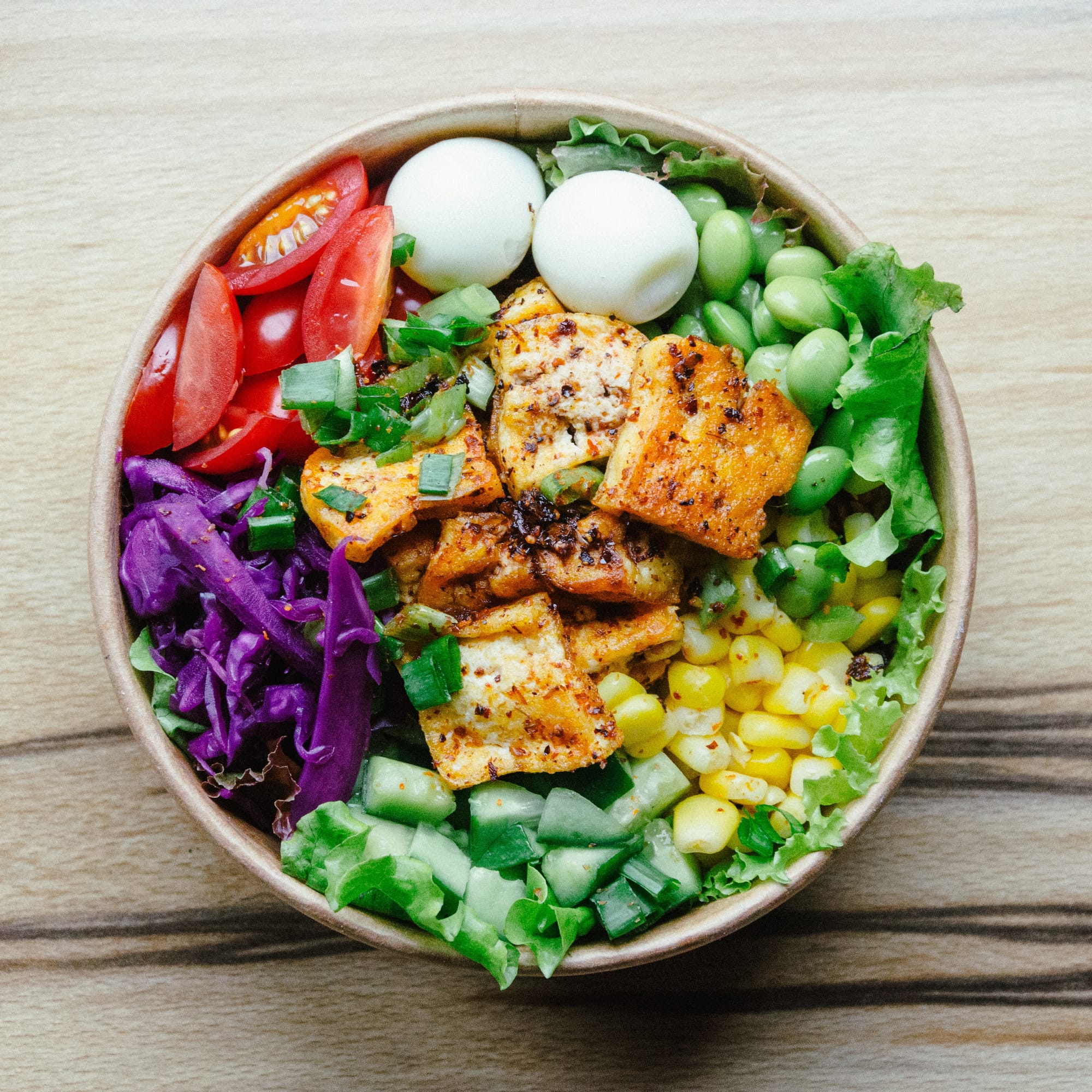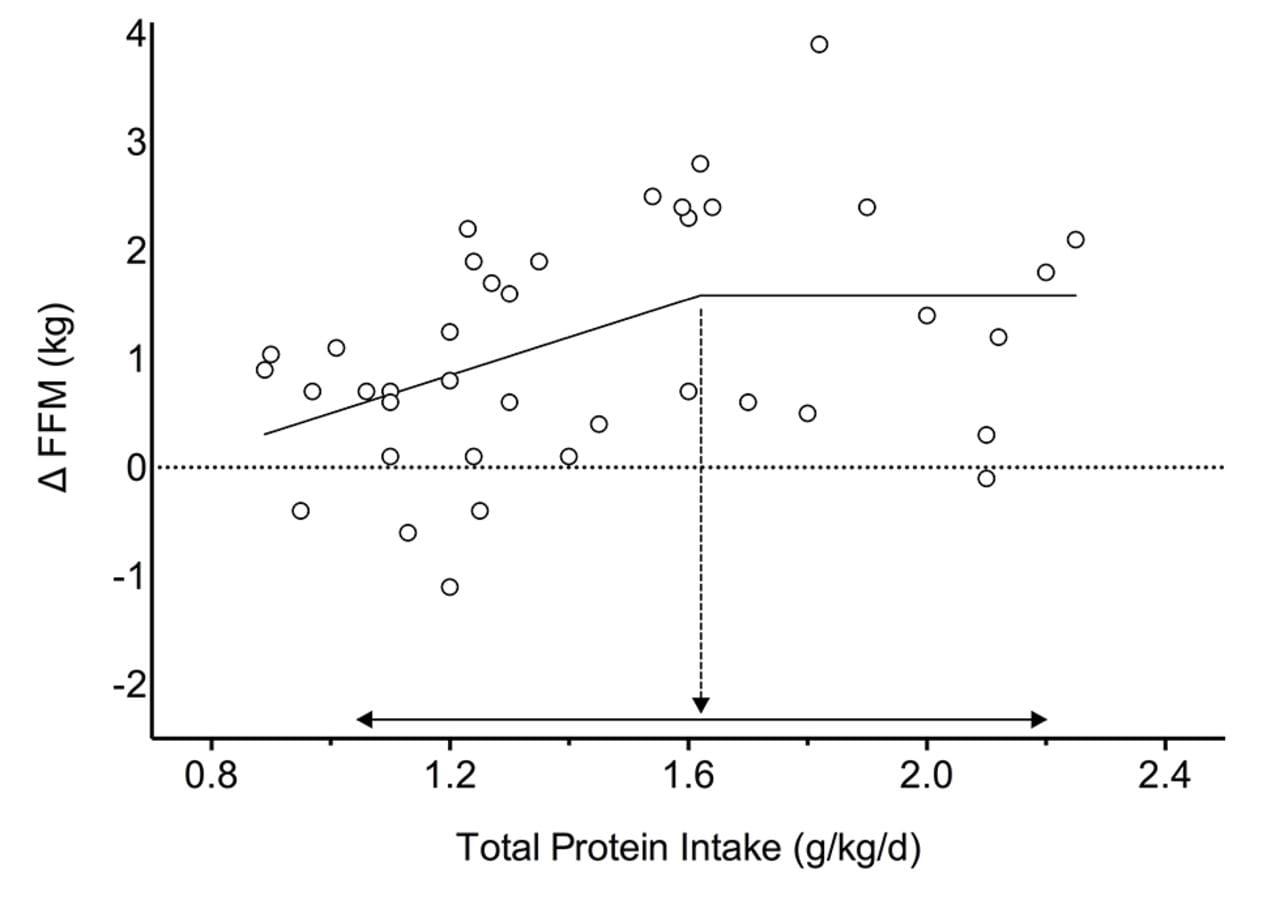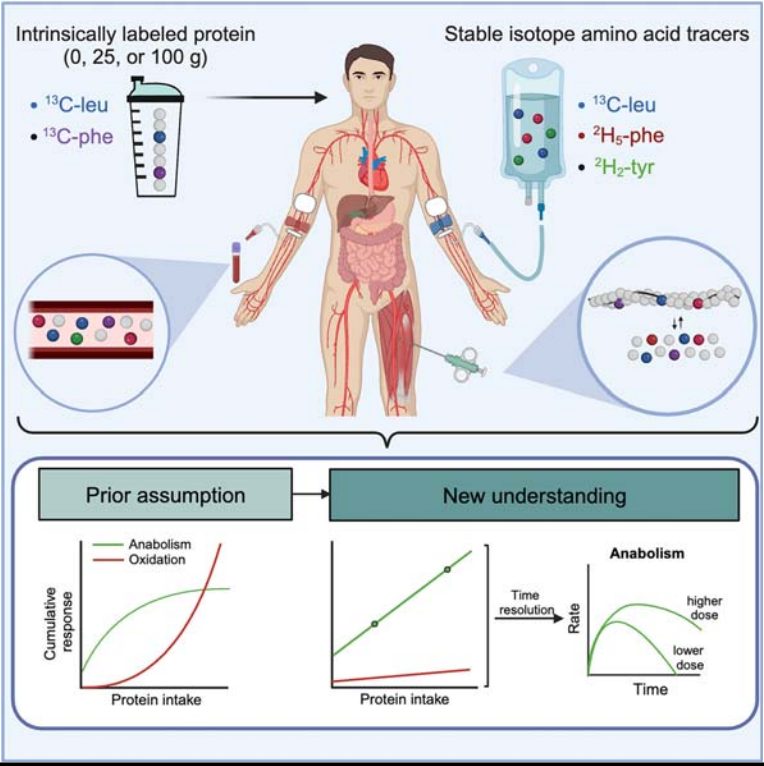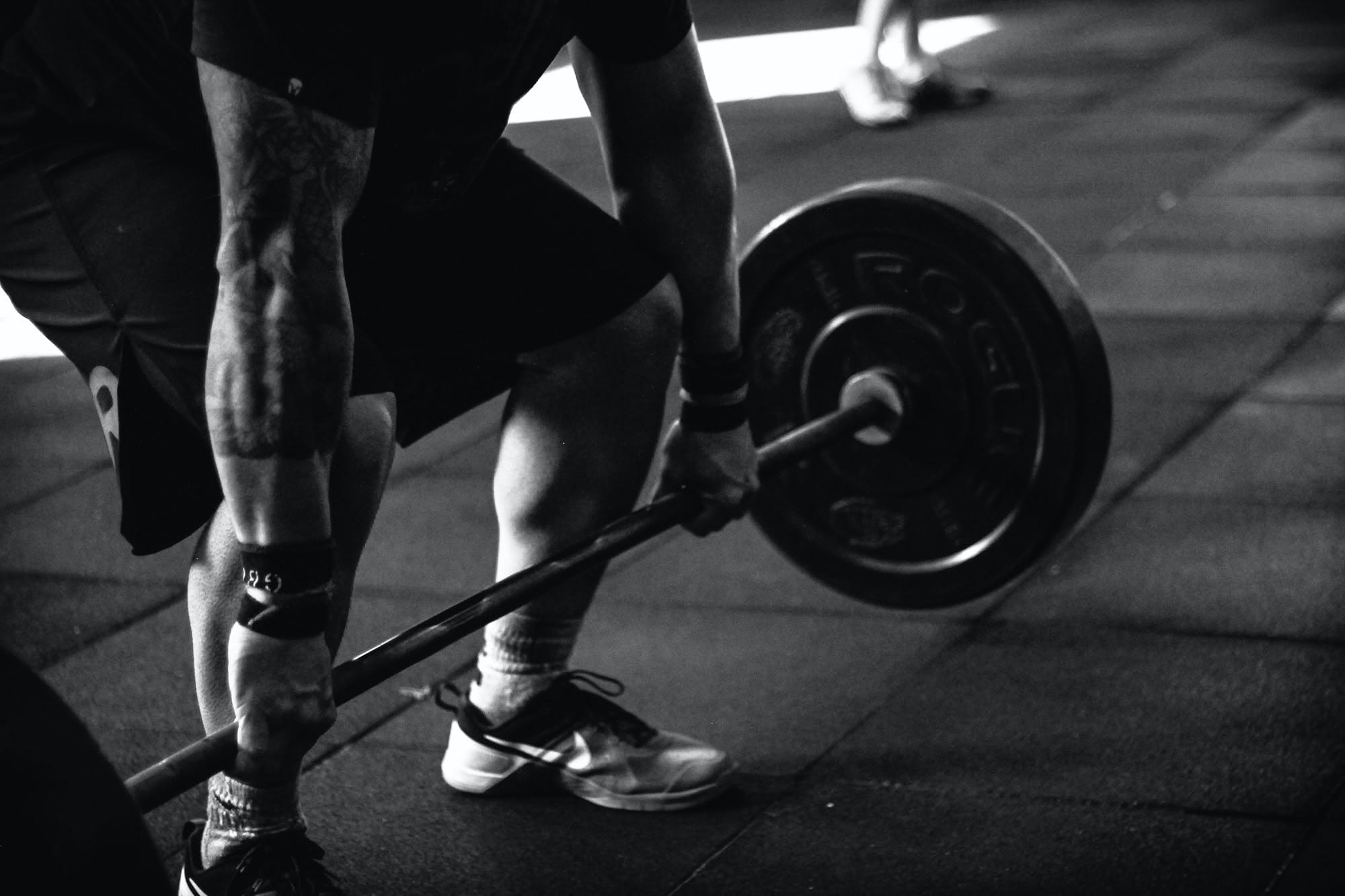
Optimising fitness & protein on a plant-based diet: the ultimate guide
How can you get the most out of your training and fitness on a plant-based diet? Read on to find out more.
"Where do you get your protein, bro?"
My aim in this article is to really give you an outlook on how to get the most out of your plant-based lifestyle from a muscle-building, recovery + strength perspective.
It's often stated that plant-based protein is vastly inferior to animal protein; while there may be very small percentages in differences related to bioavailability, building lean muscle with plants is not really an issue at all - as long as you know what you're doing.
I've personally done it myself - going from around 82kg when I went plant-based over 6 years ago, to currently weighing 95kg - so I'd say I have a little bit of skin in the game.
Food sources
This is important, as you have to consider your calorie consumption alongside the protein sources you choose to prioritise.
For example, quinoa is considered a good source of protein, however to obtain 30g protein (the optimal amount to stimulate muscle protein synthesis), you would need to consume over 720 calories, whereas from tempeh you would only need to consume around 285 calories.
Food for thought (pun intended).
Which plant foods to prioritise?
Best plant-protein sources per 100g would ideally be seitan and a quality protein powder (ideally a pea protein + pumpkin/hemp/brown rice).
Following on from that, tempeh, extra-firm tofu, legume pasta (black soya bean/lentil/chickpea pasta) and lupin beans will give you plenty of protein per 100g without overdoing the calories.
Beneath that, the likes of lentils, soya milk and soya yoghurt come into play, and then following on from that a variety of beans (kidney beans, black beans, haricot beans, butter beans etc), hemp seeds, chickpeas and edamame will provide some decent amounts as well.
Don't forget that with pretty much all of these sources of plant protein, you get plenty of prebiotic fibre, minerals, antioxidants and phytonutrients that will add even more health benefit.

The myth of protein combining
Have you heard before that you need to eat 'complete' protein sources at each meal, because plant-based protein sources are 'incomplete' and therefore inferior?
You can put this idea in the bin.
It's not necessary. Plant protein isn't incomplete per se, but they do have one or more limiting amino acids (meaning that one or more of the essential amino acids that we require from food are in slightly lower amounts).
All that is required is that across a day, we eat a variety of plant protein sources - it's not necessary to ensure that every single meal is 'complete'.
Our bodies are smart enough to recognise this, and pools amino acids that it can draw on and use to build and repair muscle tissue.

How much protein do I need?
The general consensus (and evidence from a systematic review/meta analysis) (1) is that to optimise muscle growth and repair, we should aim for a total daily protein amount of 1.6g per KG of bodyweight.
So if you weighted 72kg for example, your daily protein target would be 115g protein per day.

With the food options at the top of the page, this isn't a difficult target to aim for.
Tip: it is always worth distributing your protein evenly across the day. Instead of consuming a huge amount of protein in the evening and lower amounts across the day, instead aim for a minimum of 30g protein per meal to effectively stimulate muscle protein synthesis (which is essentially the driving force behind adaptations in muscle tissue as a result of exercise).
This was shown in this study (2) where having a bias towards protein towards the end of the day and not over the course of the day was less effective in optimising the muscle protein synthesis response.
Speaking of muscle protein synthesis, the amino acid leucine is particularly important for this, and it's found in good amounts in tempeh/tofu – as well as most of the good plant-based protein powder options.
Can we absorb more than 30g at one time?
There have been some very interesting recent developments about protein in the context of training and building muscle.
Over the years, it was thought that the body 'couldn't absorb' any more than 30g protein in a single sitting, and that the rest would go to waste.
However this new study from Jorn Trommelen and colleagues (3) showed that there is actually no upper limit when it comes to post-workout protein ingestion.
This means that the anabolic response – essentially the gain of muscle protein – is bigger when higher doses of protein are ingested.
So while spreading out protein across the day is still a smart play, there could be grounds for taking an increased dose post-training, to really maximise the gains.

What about training?
To put it simply, if the training isn't there – and sufficiently putting the body under stress from resistance training – then you can probably disregard everything else that is written above here.
It is vital to have training at the forefront of everything that you do.
You simply won't pack on muscle with copious amounts of plant protein if you aren't actually stressing the body during training.
This goes for animal protein too; no one ever obtained the 'gains' while sitting around.
3-5 weight training sessions around any other aerobic exercise (and progressively overloading the body) will provide the necessary stimulus and the foundation for adaptations to take place – and then plant protein can make its way into the conversation.

Other things to consider?
- Sleep is absolutely vital. Aim for 8 hours per day where possible
- Supplementation can help you maximise your training performance: both creatine and caffeine – two that I personally use – have been pretty well-studied for their impact in enhancing training performance.
Hopefully this will help you build a framework to optimise your training and exercise results while predominantly (or exclusively) eating plant-based food!
References:
- A systematic review, meta-analysis and meta-regression of the effect of protein supplementation on resistance training-induced gains in muscle mass and strength in healthy adults: Morton et al, 2020
- Dietary Protein Distribution Positively Influences 24-h Muscle Protein Synthesis in Healthy Adults: Mamerow et al, 2014
- The anabolic response to protein ingestion during recovery from exercise has no upper limit in magnitude and duration in vivo in humans: Trommelen et al, 2023